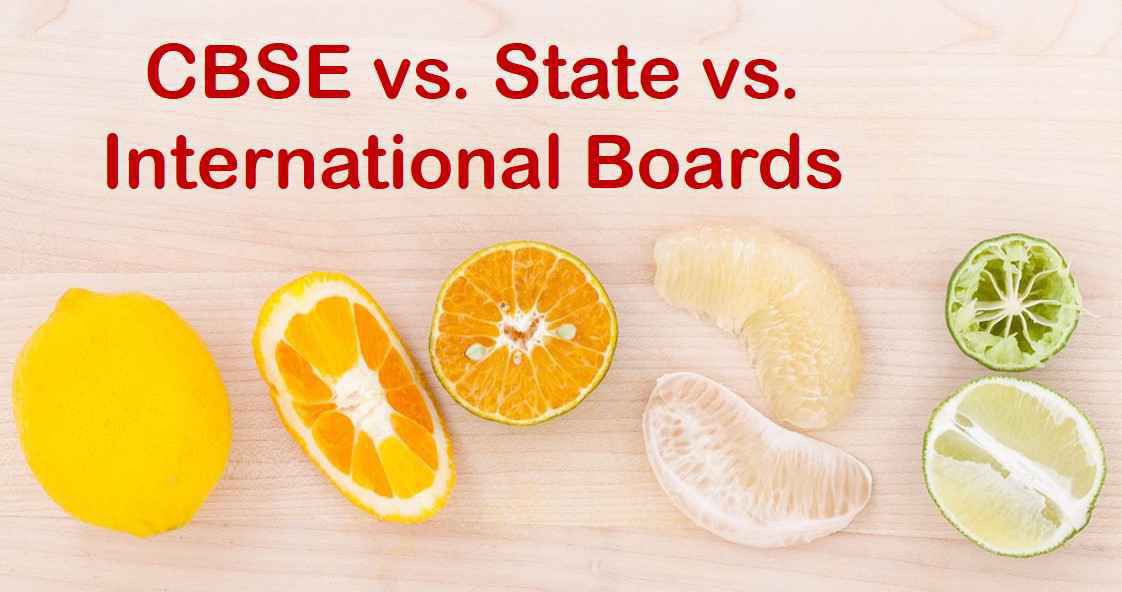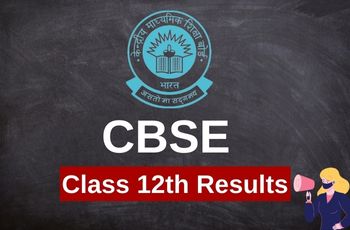In India education system is becoming highly competitive day by day. The government of India is providing free education to all children of age 6-14. In spite of all these efforts, there is a certain lack of quality in the education system of India.
Parents in India want the best education for their ward and that creates immense pressure on them. Most of the schools in India focus on subjective education and rote learning rather than focusing on the overall development of the child in all the fields of study, art, sports, society etc. This lack of overall development gives rise to only subjective examination.
NCERT (National Council of Educational Research and Training) is a government organization which was established to guide the central and state governments regarding academic matters related to school education.
Trending:
In India, the Boards of education are classified into three categories:
- National boards
- State boards
- International boards
National Boards

CBSE (Central Board of Secondary Education)
CBSE was started by NCERT in 1962 with the aim of operating central school chains (Kendriya Vidyalaya) to cater to the children of government employees who keep on relocating for their jobs. It provides affiliation to both public and private schools. At present, it has more than 18000 schools in India and 210 schools in foreign countries. There are about 1110 KV’s, 2700 Government schools, 600 JNVs (Jawahar Navodaya Vidyalaya’s) and 14 Central Tibetan schools. Various entrance examinations like JEE and AIPMT for engineering and medical institutions are also conducted by CBSE. It is recognized by all the universities and colleges in India.
CISCE (Council of Indian School Certificate Examinations)
CISCE is a private education board in India that conducts ICSE and ISC examinations for 10th and12thclasses across India. It was derived from the Cambridge IGCSE which existed during the British regime and was taken over by the Anglo Indian Board in 1956. ICSE and ISC examination are conducted according to the New Education Policy, 1986. The council was listed as a body for conducting “public” examinations under Delhi School Education Act 1973 and is committed to providing high-quality education empowering society.
State Boards

State education boards in India are governed by regulations from State Act for school level education. The board examinations are conducted with the specially designed curriculum that proves helpful for students in higher education in both State and Central educational institutions.Most of the syllabus is similar to NCERT with each state adding its own flavor to the syllabus. State government dictates the language and medium of teaching.
There area very high percentage of schools affiliated to state education boards. The first state board was established in UP board of High School& Intermediate Education in 1922. Today, almost all states in India have their own education boards.
International Boards

IB (International Baccalaureate)
The IB was established as an international, non-governmental, non-profit educational organization based in Geneva, Switzerland in 1968. At present, there are over 109 IB World Schools in India. But they are mostly limited to the metros and large Tier-I cities. IB schools focused on the expat and the NRI population in India.– It consists of three levels, PYP (Primary Year Program) for students up to grade 5, MYP (Middle Year program) for grade 6 to 10 and IB Diploma for grade 11 and 12. The external exam is conducted only for Diploma while all other programs are assessed by the school. IB programmes are recognized across the Indian subcontinent as the qualification for higher education and are considered equivalent to 10+2 by AIU(Association of Indian Universities).
CIE (Cambridge International Examination)
Cambridge International Examinations offers international qualifications all over the world. They conduct board examination under the Cambridge Assessment. It was established in 1858 as one of the departments of the University of Cambridge. At present, there are more than 300 Cambridge schools in India. CIE provides over 44,000 examination entries for Cambridge IGCSE and Cambridge International AS and A Level, from all over the nation.





















Comments